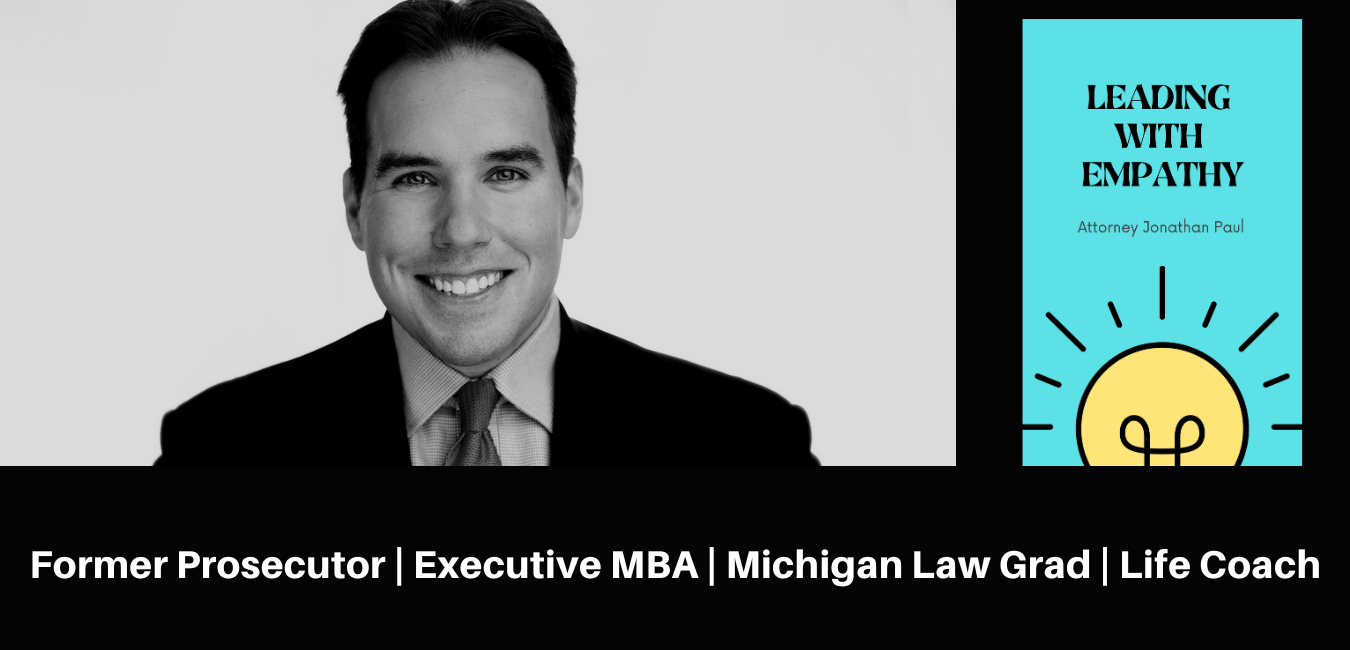
Our firm focuses on the client's journey, and how he/she finds themselves on the wrong side of the law. We lead with empathy and understanding; our clients are not criminals, but rather good hearted, caring folks who respect the law, and want to be held in high regard. We work with a diverse pool of clients; our clients are our partners, and together we put forth a proactive approach to every case.
While I am a former NYC and Michigan prosecutor, and have been practicing criminal defense for more than a decade, I don't like using the "criminal" label with my clients. My clients don't have anything to hide; they are more frightened and embarrassed, and worried about an uncertain future. They are concerned that they made a terrible "first impression" with the police, prosecutor, judge, and court system; it can be gut wrenching to feel "stuck"; you can't change what happened, and sitting around, and worrying only makes things worse.
My goal is to empower each client to make a "true impression" and understand and demonstrate how they ended up on the wrong side of the law, and provide them the tools to SHOW rather than TELL what they can learn from their incident, and where they are going in the future. Nothing feels better as an attorney than to hear a prosecutor and judge praise my client for stepping up, and taking control of their own situation.
I view my role as both an attorney and a coach for my client. Coaching is the art of facilitating another person's learning, development, well-being and performance, which as an attorney is my client. Coaching raises self-awareness and identifies choices. Through coaching, my clients are able to find their own solutions, develop their own skills, and change their own attitudes and behaviors while tackling a challenging moment in life. The whole aim of coaching is to close the gap between people's potential and their current state, and help clients use their cases as moments of reflection and growth.
My clients thrive in the criminal justice system, because they are mere visitors; having the right exit strategy is the key to navigating the most challenging moment in your life. You only get to handle your case once, how do you want to approach it?
While I am a former NYC and Michigan prosecutor, and have been practicing criminal defense for more than a decade, I don't like using the "criminal" label with my clients. My clients don't have anything to hide; they are more frightened and embarrassed, and worried about an uncertain future. They are concerned that they made a terrible "first impression" with the police, prosecutor, judge, and court system; it can be gut wrenching to feel "stuck"; you can't change what happened, and sitting around, and worrying only makes things worse.
My goal is to empower each client to make a "true impression" and understand and demonstrate how they ended up on the wrong side of the law, and provide them the tools to SHOW rather than TELL what they can learn from their incident, and where they are going in the future. Nothing feels better as an attorney than to hear a prosecutor and judge praise my client for stepping up, and taking control of their own situation.
I view my role as both an attorney and a coach for my client. Coaching is the art of facilitating another person's learning, development, well-being and performance, which as an attorney is my client. Coaching raises self-awareness and identifies choices. Through coaching, my clients are able to find their own solutions, develop their own skills, and change their own attitudes and behaviors while tackling a challenging moment in life. The whole aim of coaching is to close the gap between people's potential and their current state, and help clients use their cases as moments of reflection and growth.
My clients thrive in the criminal justice system, because they are mere visitors; having the right exit strategy is the key to navigating the most challenging moment in your life. You only get to handle your case once, how do you want to approach it?